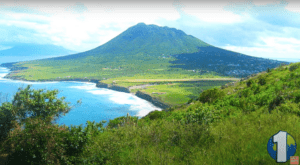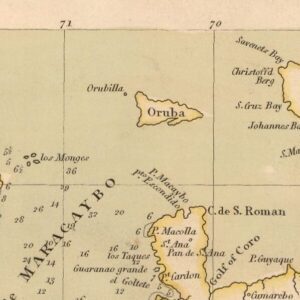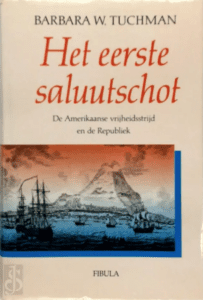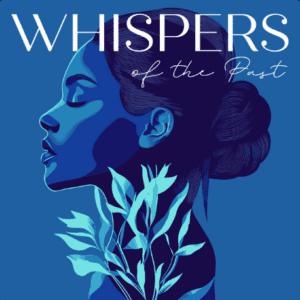Symposium: The landscapes and cultural heritage of Saba and St. Eustatius
Experts from Saba and St. Eustatius, from the wider Caribbean, and from the European Netherlands have researched and documented this cultural heritage. On 19 February 2026, they will present their findings at a symposium organized by the Cultural Heritage Agency of the Netherlands (RCE) and the Public Entities of Saba and St. Eustatius.
![SMC002-FD-LOGO-500px-[ANI]](https://dutchcaribbeanheritage.wp.kukiko.com/wp-content/uploads/sites/7/2024/04/SMC002-FD-LOGO-500px-ANI.gif)





































